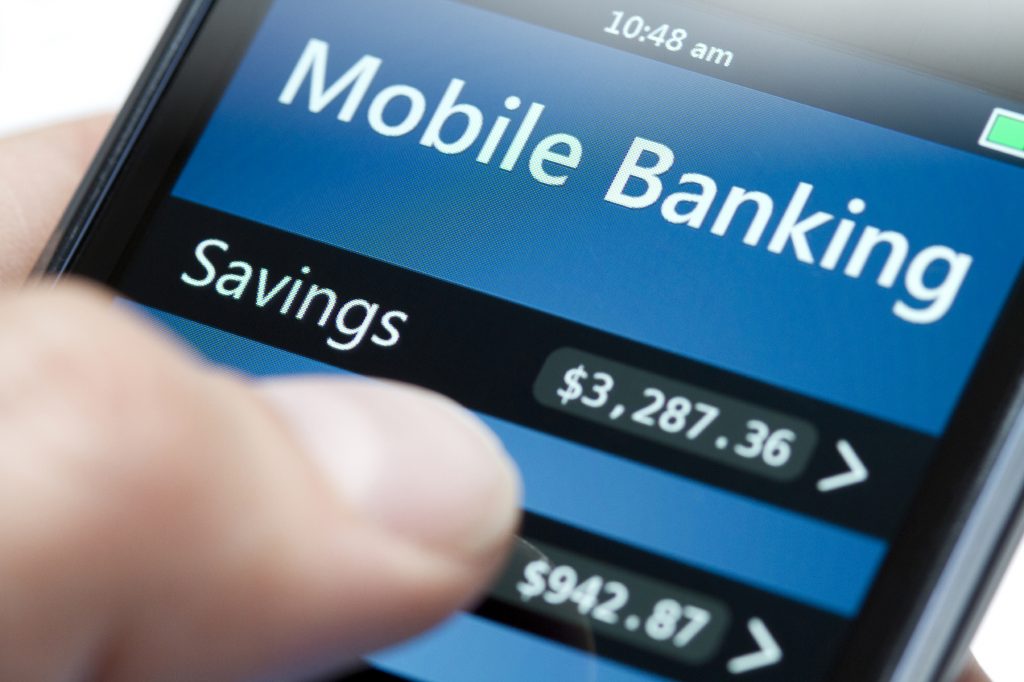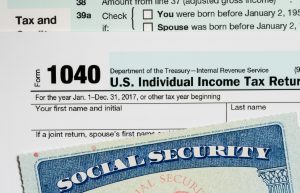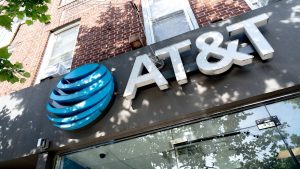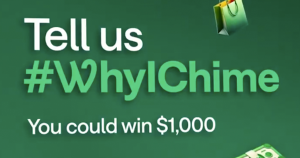Essential Legal Protections and Security Tips for Online Banking Users.
Last month, Cash App's parent company, Block, was ordered to pay a whopping $175 million to users following accusations of weak security measures and poor dispute resolution procedures. According to the Consumer Financial Protection Bureau (CFPB), Block failed to properly investigate unauthorized transactions, misled users through its Terms of Service, and deprived consumers of adequate customer service. This is a stark reminder of the importance of understanding legal protections available to consumers when it comes to online and mobile banking—especially when issues like theft, fraud, or security breaches occur.
As mobile payments and online banking continue to grow, so do the risks associated with cybercrime and unauthorized access to sensitive financial information. This article delves into the legal protections U.S. consumers have in place regarding online and mobile banking, what security measures to look for when choosing an app, and how to protect yourself from financial losses.
Legal Protections for Online and Mobile Banking Users
In the U.S., consumers are provided with several legal protections under federal law to safeguard their rights when it comes to online banking, mobile payments, and unauthorized transactions. Some of the key laws that help protect consumers include:
The Electronic Fund Transfer Act (EFTA)
The EFTA, enforced by the CFPB, protects consumers when using electronic payment systems, including online and mobile banking. The law requires financial institutions to investigate and resolve disputes related to unauthorized transactions. One key provision of the EFTA is Regulation E, which dictates that consumers are only liable for a limited amount if their accounts are accessed without authorization. Specifically, the EFTA sets a timeline for reporting fraudulent activity, and consumers can be held liable for no more than $50 in unauthorized transactions if they report the issue within two business days. After 60 days, the consumer’s liability can increase if they do not report the fraud in time.
The recent case with Block highlights how failing to adhere to these legal obligations can have serious consequences. The CFPB claimed that Cash App (operated by Block) failed to properly investigate transaction disputes and misled users into believing that their banks, rather than Cash App itself, were responsible for investigating fraud. The settlement, which includes payments to users and a fine to the government, underscores the importance of financial institutions following the EFTA’s strict requirements.
Consumer Financial Protection Bureau (CFPB) Enforcement
The CFPB, an independent federal agency, is responsible for enforcing regulations that protect consumers in the financial sector. In cases like Block’s, the CFPB holds companies accountable for failing to adhere to legal obligations, such as investigating fraudulent transactions, providing timely refunds, and maintaining secure systems. The agency’s recent action against Cash App has brought attention to how financial platforms must comply with consumer protection laws, ensuring that users' funds and data are adequately protected.
The Fair Credit Billing Act (FCBA)
The FCBA offers protections in case of billing errors, including fraudulent charges. This law allows consumers to dispute unauthorized charges, including those made via online or mobile payments. Consumers are protected from paying for fraudulent transactions if they report the issue in a timely manner, typically within 60 days of the statement date.
How to Protect Yourself When Using Online Banking Apps
With the increasing prevalence of online and mobile banking, consumers must take proactive steps to protect their personal information and financial assets. Below are essential security measures and features you should look for when choosing online banking or mobile payment apps:
Two-Factor Authentication (2FA)
2FA adds an extra layer of security by requiring two methods of identity verification before granting access to an account. This typically involves something you know (a password) and something you have (a code sent to your phone or generated by an app). Look for apps that offer robust 2FA options to reduce the risk of unauthorized access.
End-to-End Encryption
End-to-end encryption ensures that your data is protected as it travels over the internet. When choosing an app, verify that it employs strong encryption standards to prevent hackers from intercepting your financial information. Apps with weak encryption could expose your data to unauthorized parties.
Fraud Detection Systems
Look for apps that integrate advanced fraud detection technologies, such as artificial intelligence (AI) and machine learning. These systems can identify unusual activity and automatically flag suspicious transactions. Apps like Cash App, as mentioned in the Block case, have introduced machine learning and AI to detect fraud, though their implementation has been scrutinized. Effective fraud detection systems are crucial for preventing financial losses.
24/7 Customer Support
In the wake of the Cash App settlement, the importance of accessible customer service has never been clearer. 24/7 customer support is essential for resolving issues quickly and efficiently, especially in the case of unauthorized transactions or fraud. Ensure that the app you choose provides live customer support options, including phone support and in-app chat services, so that you can report any suspicious activity without delay.
Biometric Authentication
Mobile apps that offer biometric authentication, such as fingerprint recognition or facial recognition, provide an additional layer of security that makes it more difficult for unauthorized users to access your account. Look for apps that use biometrics for login and transaction authorization.
Transparent Terms of Service
As highlighted in the recent case, one of the major issues with Cash App was the lack of transparency in its Terms of Service, which misled users about dispute resolution processes. Always read the fine print and ensure that the app’s terms align with your rights under U.S. consumer protection laws. Be wary of apps that attempt to shift responsibility for fraud onto you or your bank.
What to Do if You’re a Victim of Online Banking Fraud
If you fall victim to fraud or unauthorized transactions, it’s crucial to act swiftly. Here are the steps you should take:
- Report the Fraud Immediately: Contact the bank or payment service immediately to report unauthorized transactions. Under the EFTA, the sooner you report the fraud, the less liability you’ll face.
- Freeze Your Account: If necessary, request that the app or bank freeze your account to prevent further fraudulent activity.
- Dispute the Charges: File a formal dispute for unauthorized transactions with the financial institution.
- Monitor Your Accounts: Keep an eye on your bank and credit card statements for any further unauthorized activity. Consider setting up fraud alerts.
- File a Complaint: If the institution fails to resolve the issue, you can file a complaint with the CFPB or the Federal Trade Commission (FTC).
As online and mobile banking continue to evolve, it is essential for consumers to be aware of the legal protections available to them and the security features they should seek when choosing digital financial platforms. The recent $175 million settlement between the CFPB and Block serves as a powerful reminder of the importance of effective security measures and consumer protection in the digital age. Always prioritize security, transparency, and user support when selecting an app, and remember that federal laws are in place to protect you in case things go wrong. By staying informed and vigilant, you can safeguard your financial future in an increasingly digital world.





















